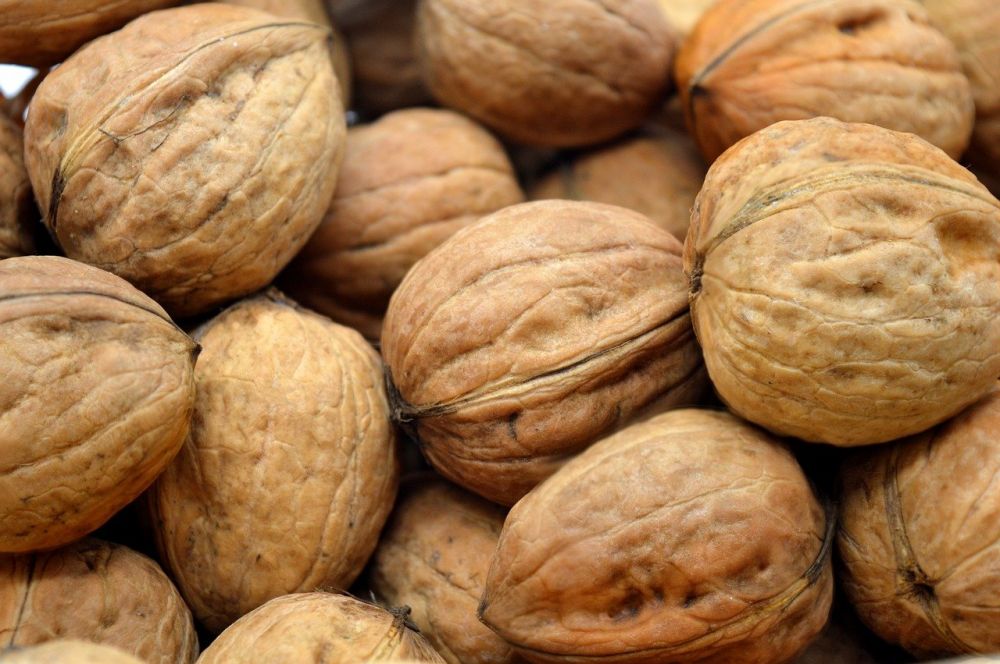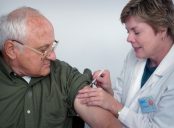Diet and PCOS: A Comprehensive Guide to Managing Symptoms Naturally

Introduction (-tag)
Polycystic ovary syndrome (PCOS) is a common hormonal disorder affecting women of reproductive age, characterized by irregular periods, excess androgen levels, and enlarged ovaries with small cysts. While PCOS cannot be cured, certain dietary approaches have shown promise in managing symptoms and improving overall health. This article aims to provide an in-depth overview of ”diet PCOS” what it entails, various types, their popularity, and quantitative measurements associated with this approach.
Overview of ”Diet PCOS” (H2-tag)

Dietary changes play a vital role in managing the symptoms of PCOS. A carefully designed diet can help stabilize blood sugar levels, reduce inflammation, and promote weight loss in individuals with PCOS. By focusing on nutrient-dense whole foods and avoiding processed and sugary products, individuals can optimize their hormonal health.
Types of ”Diet PCOS” (H2-tag)
1. Low Glycemic Index (GI) Diet: This approach emphasizes consuming low GI foods, such as whole grains, legumes, fruits, and vegetables, to regulate blood sugar levels and improve insulin sensitivity.
2. Low Carbohydrate Diet: This diet restricts carbohydrate intake, with an emphasis on consuming healthy fats, lean proteins, and non-starchy vegetables. It aims to manage insulin resistance, promote weight loss, and reduce androgen levels.
3. Anti-Inflammatory Diet: Focuses on consuming foods rich in antioxidants and omega-3 fatty acids to combat inflammation, a common component of PCOS. Emphasizes fruits, vegetables, fatty fish, nuts, and seeds.
4. Mediterranean Diet: This diet emphasizes whole grains, healthy fats, lean proteins, fruits, and vegetables. It is associated with improved insulin resistance, weight management, and overall cardiovascular health in women with PCOS.
5. Keto Diet: A high-fat, very low-carbohydrate diet that forces the body to burn fat for fuel. It has shown promising results in weight loss and improving insulin sensitivity in women with PCOS.
Quantitative Measurements in ”Diet PCOS” (H2-tag)
Several parameters can be measured to track the effectiveness of a ”diet PCOS” approac
1. Body Mass Index (BMI): An indicator of weight and health status.
2. Waist Circumference: An important measure of abdominal obesity, which is often increased in individuals with PCOS.
3. Hormone Levels: Regular blood tests can measure and monitor hormone levels such as testosterone, insulin, and luteinizing hormone.
4. Blood Sugar Levels: Monitoring fasting blood glucose and HbA1c levels can help assess insulin sensitivity and glycemic control.
Differences Among ”Diet PCOS” Approaches (H2-tag)
While these various ”diet PCOS” approaches share similar goals, there are some differences in their macronutrient composition and emphasis on specific food groups. For example, the low GI and low carbohydrate diets focus on regulating blood sugar levels, while the anti-inflammatory diet emphasizes reducing inflammation through specific food choices.
Historical Overview of Pros and Cons of ”Diet PCOS” Approaches (H2-tag)
Over the years, different ”diet PCOS” approaches have gained popularity, each with its own set of advantages and disadvantages.
1. Low GI Diet: Pros include better glycemic control, weight management, and hormonal balance. Cons include limited food choices and potential difficulties in adhering to the diet long-term.
2. Low Carbohydrate Diet: Pros include weight loss, improved insulin sensitivity, and reduced fasting insulin levels. Cons include potential nutrient deficiencies and difficulty in sustaining the diet.
3. Anti-Inflammatory Diet: Pros include reduced inflammation, improved cardiovascular health, and overall well-being. Cons include potential challenges in finding specific foods and higher costs associated with certain dietary choices.
4. Mediterranean Diet: Pros include improved insulin sensitivity, cardiovascular benefits, and long-term sustainability. Cons include potential calorie excess and limited availability of certain Mediterranean ingredients.
5. Keto Diet: Pros include rapid weight loss, improved insulin sensitivity, and reduced androgen levels. Cons include potential nutrient deficiencies, potential adverse effects on cholesterol levels, and limited food options.
Conclusion
”Diet PCOS” approaches offer promising strategies in managing symptoms, promoting weight loss, and improving overall health in individuals with PCOS. While each approach has its own strengths and limitations, it is important to consult with a healthcare professional to determine the most suitable dietary approach based on individual needs and preferences. By making informed dietary choices and incorporating regular physical activity, individuals with PCOS can take control of their health and well-being.





















